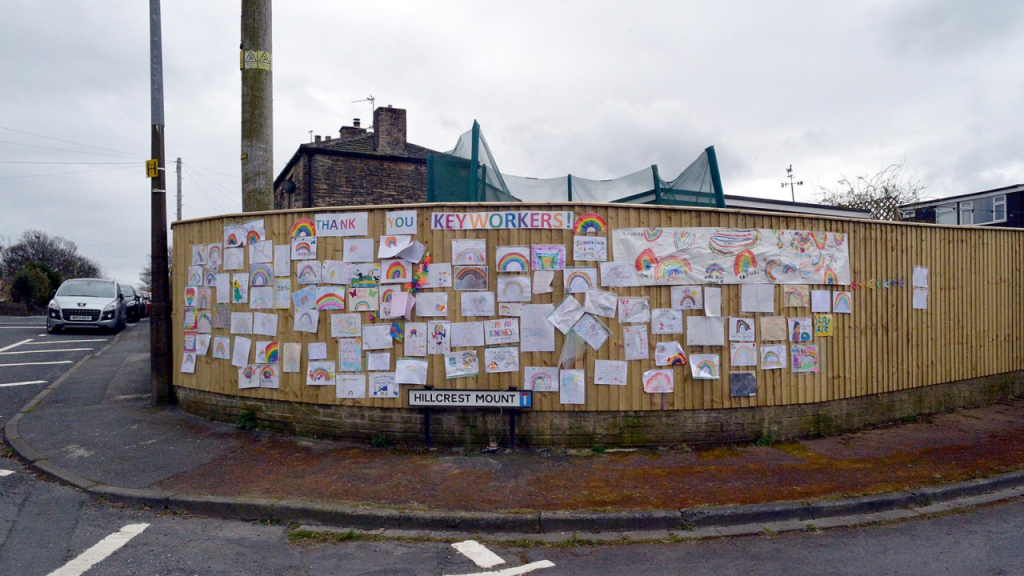Words such as unbelievable and unreal have become quotidian as we struggle to describe our situation. Yet fiction has long found this fertile ground. Steven Soderbergh’s Contagion (2011), a cold and remote movie as I recall, that seemed an exercise in reasoned hysteria. Now it reads like a textbook account of where we are. Likewise, re-reading The Plague (1947), I am struck by how much Camus got right in his account of our failings, human and systemic.
Without physical contact we must rely on our imaginations to connect now. Nobody knows when this will end, nor how. What will come afterwards? What kind of society will emerge? It seems clear that things cannot go back to how they were, but what does that mean? Will we forever be afraid of touching strangers? Will the barriers remain? Will we become better people, or worse?
The first two doctors to die in the British National Health Service were both originally from Sudan. One was the cousin of a friend. This information arrives through a new network that extends from people I know out into the great beyond. An ambulance driver, also from Sudan, is another casualty. I am moved by the familiarity of his story. His journey to a place where he could make the ultimate sacrifice. Over the last four years thousands of healthcare workers have been facing ruin and expulsion from a country that seemed to take pride in its ungratefulness. Brexit has now been revealed as the vanity project it always was.
There is something, if not biblical, then numinous, mystical even, about the truths this virus manages to reveal about us. All notions of modernity and progress have been swept aside in a few months, leaving us soft and exposed, much as we were in the Middle Ages. The frailty of the human condition is laid bare, as is the hopeless inadequacy of current politics. We appear to be living in a dystopian drama where the inmates have taken over the asylum.
Elsewhere, we have still not seen the worst of it. In the refugee camps, slums and shanty towns where fresh water is a scarcity let alone soap, and washing your hands is an impossibility. Social distancing is a luxury none can afford. Where will the rich go when they come down from their skyscrapers and superyachts? Boccaccio’s aristocrats in plague-stricken Florence would today be fleeing Mumbai or Dhaka. In Gaza, Libya, Syria, Yemen, on the fringes of Europe, there are other, more pressing threats to worry about.
If there is hope, it lies with the grazing goats and civets that now wander freely through empty streets; in the skies of Delhi, once more filled with birds. We have been afforded a glimpse of the post-apocalyptic world, when man has finally managed to destroy his environment. An opportunity to witness the future before the fact, of what our destiny will be if we do not change course. The question remains what we will do with that knowledge.
Photo Credit : Wiki Commons




